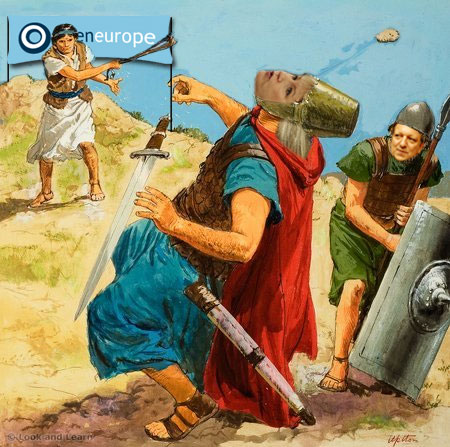
OK, here we go again. Open Europe having a further whine at something going on in Brussels, this time the amount of money the European Union spends on ‘propaganda’. Also not a surprise is the choice of EUObserver to carry a column from Open Europe’s Lorraine Mullally, and in Sweden Timbro is apparently trying to get the Swedish Presidency to address the ‘issue’. The gist of the message is summed up with these lines from Mullally:
With so much public money at their disposal, the EU institutions are able to propel their own vision of the future of Europe, and also begin to create a monopoly over what should be regarded as the “facts.” The institutions claim to want a wider debate on Europe, but by trying to suppress those who do not support their vision, they are stifling debate.
But is there actually any issue to deal with here? The money to which Mullally refers is a supposed sum of €2.4 billion (or about 2% of the EU budget) that is allocated to communications projects. Fair amounts of money for sure, but dwarfed by the budgets of national public sector broadcasters, a point made in reply by Richard Walker, who is also keen to point out that many of the projects are editorially independent of the EU institutions.
There are of course some legitimate complaints – some of the EU publicity materials are really over the top, and some plans are ill conceived. But is all of this any worse than the comms work of a national government? I think not.
Last but not least the EU does not have at its disposal one of the best means of political communication – elections. European Parliament elections are still essentially second order national elections – if a politician gets selected high up on a national party’s list then selection is almost certain. Essentially politicians communicate what they do when it’s in their interests to do so, essentially to secure re-election. To make such a system at European level would require more power to the parliament and, one might dare say, a federal Europe. It’s much, much harder to get any agreement on that than it is to get some politicians to part with €2.4 billion for some communications projects.
Until then Open Europe’s David can take on Wallström’s Goliath but the stones are rather misdirected.







